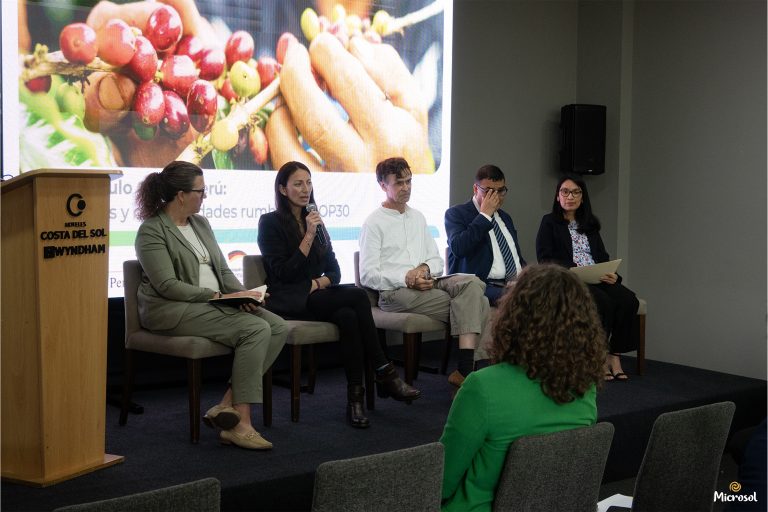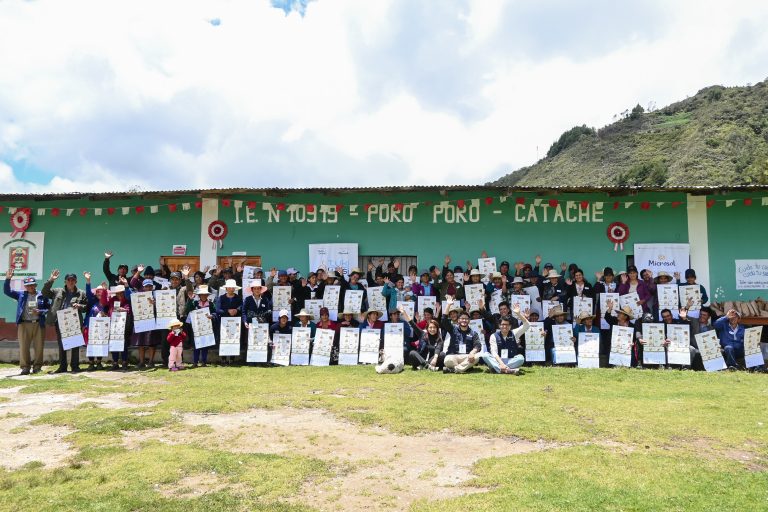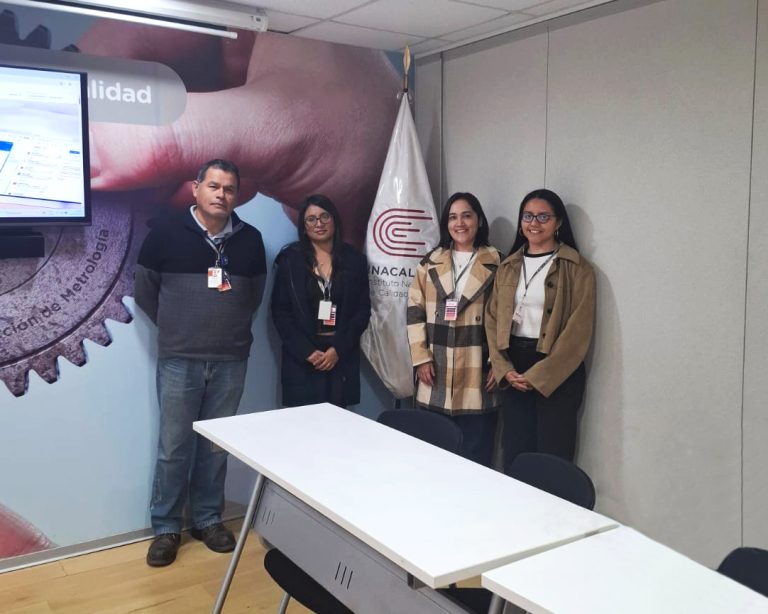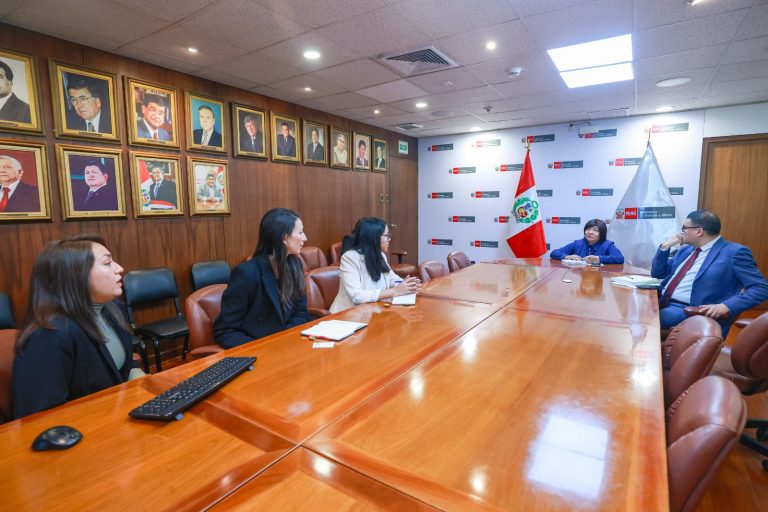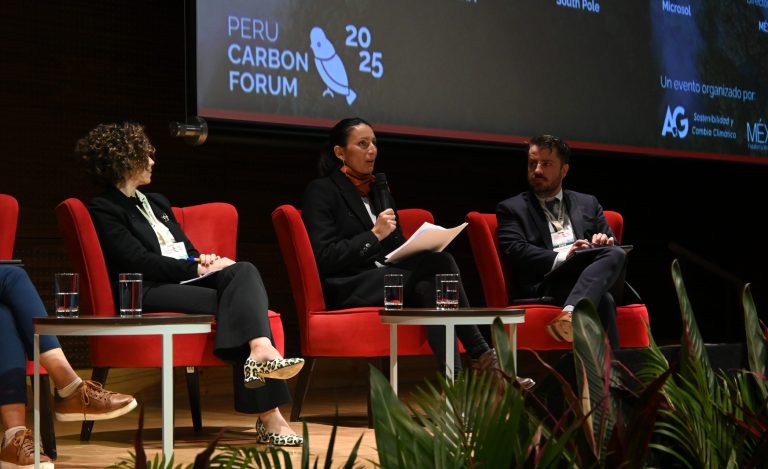LEDS LAC promoted an important webinar on clean cooking initiatives in the region, in which Microsol participated as a speaker .
On March 25, 2025, the webinar “Clean Cooking: Contribution to countries' NDCs, mitigation opportunities and access to carbon markets in Latin America” was organized by the BioE Community of Practice of the LEDS LAC Platform. Microsol participated in this event as a speaker with the objective of presenting its experience in the development of the Tuki Wasi improved cookstoves program, the first in the region to be implemented under the Internationally Transferable Mitigation Outcomes (ITMO) mechanism, in the framework of Article 6.2 of the Paris Agreement.
The meeting reviewed different aspects of clean cooking in countries such as Chile, Uruguay, Peru, Guatemala, among others. The topics covered policies at the state level, development strategies and experiences in biofuel projects and improved cookstove technology to reduce greenhouse gas emissions.
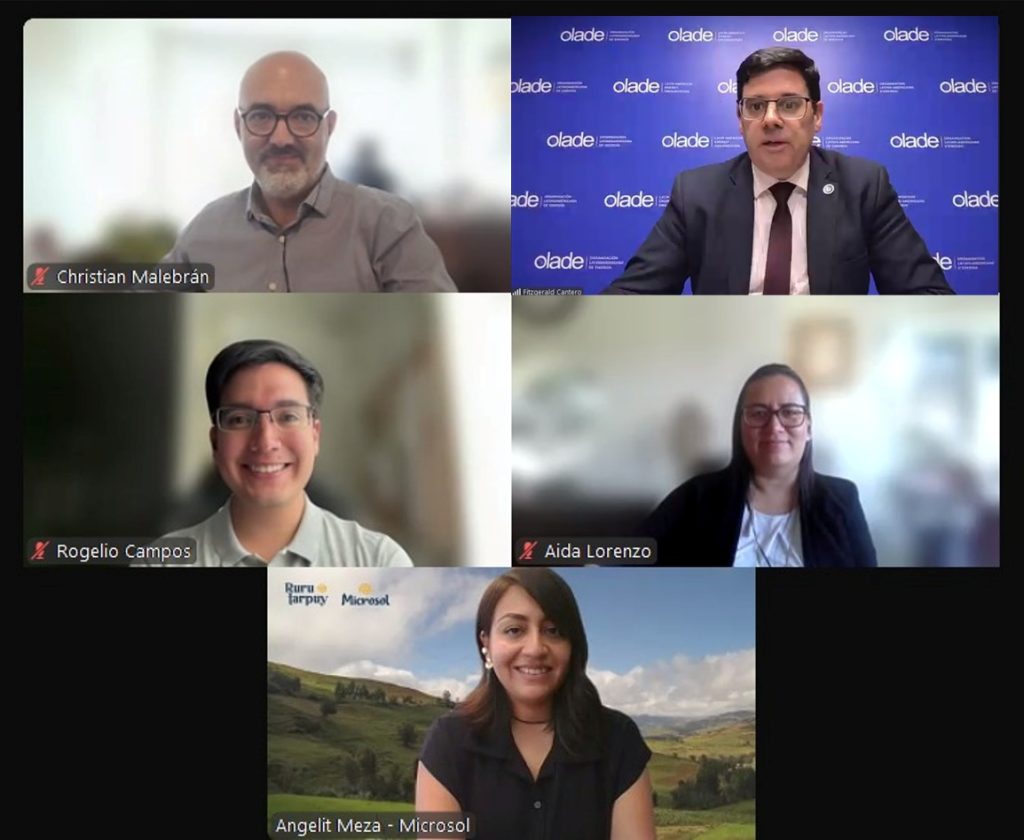
Fitzgerald Cantero, director of studies and projects of the Latin American Energy Organization (OLADE), opened the round of keynotes with a detailed presentation on quantitative data on the reality of firewood use in Latin America, and explained how cultural realities play an important role in its consumption.
Next, Christian Malebrán, bioenergy analyst at the Biofuels Unit of the Chilean Ministry of Energy, presented the Chilean reality of firewood consumption at national level, highlighting that 72% of its use is dedicated to residential heating. In addition, he shared with the attendees the status of Chilean regulations for the regulation of firewood consumption.
Angelit Meza, Microsol's commercial and communications coordinator, presented the main advances of the Tuki Wasi Program, in addition to sharing the impacts generated by the improved cookstoves in the rural communities of Peru where the program is developed, through the testimony of María Jesús Pisco Godoy, user of the Tuki Wasi Program in Cajamarca.
Finally, Rogelio Campos, technical specialist in Nationally Determined Contributions (NDCs) and Cooperative Approaches of the Peruvian Ministry of Environment, detailed the status of the NDCs for clean cooking in Peru, its regulations and progress to date. Rogelio also stressed the importance of the recently approved National Registry of Mitigation Measures (RENAMI) and how this will be a tool that will strengthen the management and transparency of mitigation actions at the national level.
This virtual meeting, which was attended by more than 150 participants, put on agenda the importance and potential of initiatives based on technological solutions to contribute to the reduction of GHG emissions and the Latin American reality on the actual consumption of firewood. In addition, the need to promote mitigation initiatives from international cooperation and collaboration between state and non-state entities to generate a much more relevant and sustainable impact was highlighted. These spaces will be opened throughout the year to share experiences, regulations and promote the clean cooking agenda in the region.
About Tuki Wasi
The Tuki Wasi program is managed by the Ruru Tarpuy association in collaboration with Microsol, a social enterprise in charge of carrying out the Monitoring, Reporting and Verification or MRV process to determine the amount of ITMO generated by the program's improved cookstoves.
Tuki Wasi is the first program in Latin America implemented under Article 6.2 of the Paris Agreement, thanks to the bilateral agreement signed between Switzerland and Peru. It currently has approximately 30,000 cookstoves installed in the regions of Piura, Cajamarca, La Libertad and Huanuco, where thousands of families benefit from the environmental, social and economic impacts of the program.



